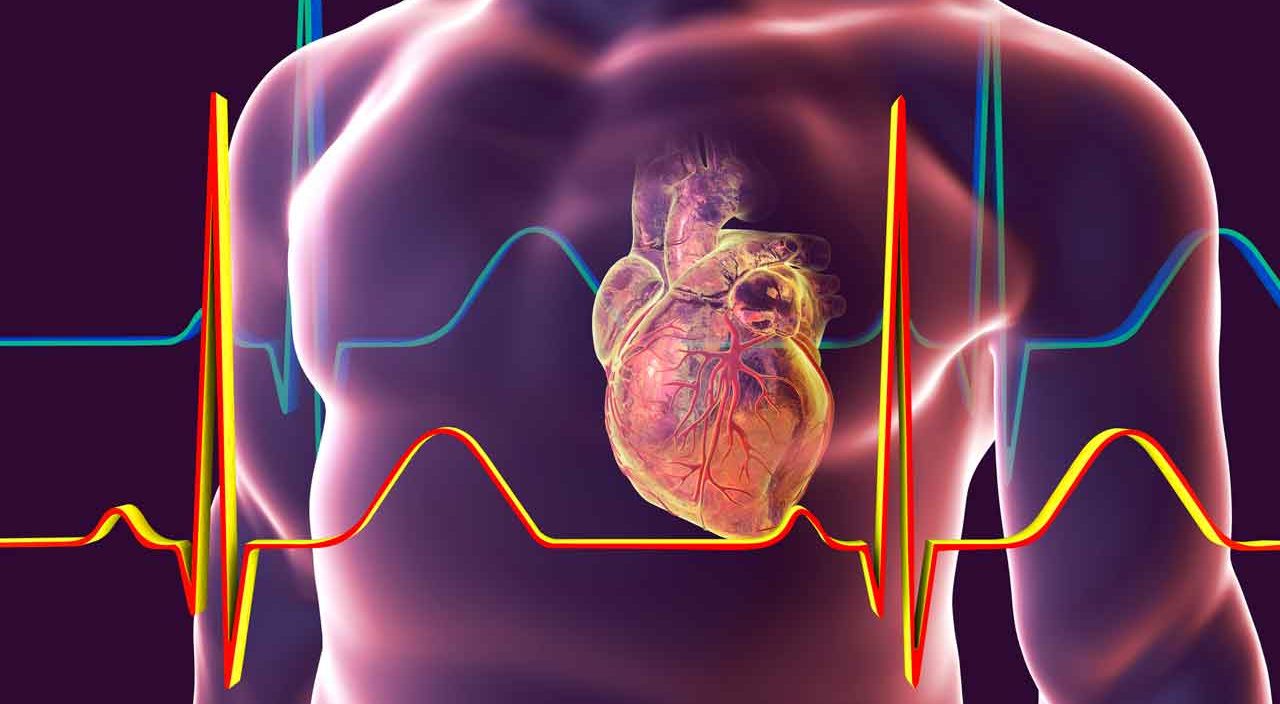Early Signs of Heart Disease

Early signs of heart disease aren’t always obvious. If you have risk factors, it’s especially important to get symptoms checked out if you’re not sure.
Heart disease symptoms aren’t necessarily as clear as the classic stabbing pain in your chest. In fact, your discomfort may not be anywhere near your heart.
Women especially are less likely to have obvious heart disease symptoms. They may have a silent ischemia, when your heart muscle briefly receives too little or no oxygen. A sudden pain might appear in your jaw or upper back or arms, rather than your chest. A woman might feel tired or as if she has flu. Even doctors may brush off these symptoms, which could have many causes.
Although the signs may be subtle, the damage to the heart may still be serious and deadly without treatment. Cardiovascular disease, which includes heart disease, stroke, and other related troubles, accounts for one in five deaths in the United States.
You need to know whether you fall into any of the risk categories. Be more concerned about your heart if you are overweight, smoke, don’t exercise, eat unhealthily, are age 60 or older, or have diabetes, high cholesterol, or high blood pressure.
YOU MIGHT ALSO LIKE: Total Cholsterol Level
Here are early signs of heart disease.
Chest discomfort
This is the best-known and most common indication of a heart problem. But you might feel tightness or pressure rather than a stabbing pain. Some people feel the sensation of pinching or burning.
Pain in your left arm or radiating down your left side
If you feel pain in your chest that moves outward to the left, you’re likely to think of a heart attack. But sometimes the pain is almost entirely in your arm, or upper back.
Dizziness
It’s easy to feel a bit faint if you don’t eat or drink or you stand up suddenly. But if you’re dizzy or lightheaded and you have shortness of breath and chest discomfort, seek help. Your blood pressure may have dropped because of a failure in your heart.
Throat or jaw pain
You can have throat or jaw pain from a cold or even a sinus infection. But if a woman experiences sudden jaw pain, she may be having a heart attack. The pain could also begin in your chest and spread to your throat or jaw.
You are easily exhausted
When physical activities like walking up your stairs at home suddenly become very tiring, see a doctor quickly. The key is a significant shift in your stamina. Women sometimes dismiss their symptoms as a flu.
Sweating
A sudden cold sweat, along with any of the other symptoms above, could indicate a heart attack. Call 911.
Loud snoring
If you make gasping or choking signs in the night you may have sleep apnea — interruptions in your sleep when you can’t breathe. Sleep apnea is a risk factor for heart disease. Talk to your doctor. Losing extra pounds will help, or you may need a CPAP machine.
A cough you can’t shake
When your heart can’t keep up, blood can leak into your lungs and cause a cough with white or pink mucus.
If your cough won’t go away, talk to your doctor.
Swollen legs, feet, or ankles
Blood can back up in your veins and cause bloating in your legs, feet, and ankles — a sign that your heart isn’t pumping correctly.
Heart problems also put more pressure on your kidneys, which may not completely succeed in removing extra water and sodium from your body. The result is bloating.
Irregular heartbeat
Don’t panic if you feel your heart racing from excitement. It may even skip or add a beat here and there. If it happens often or lasts, talk to a doctor. Drinking less caffeine or getting more sleep may fix the problem. But it also could be caused by atrial fibrillation, a heart problem that needs attention.
YOU MIGHT ALSO LIKE: You Shouldn't Routinely Take Baby Aspirin for Your Heart
Updated:
March 09, 2023
Reviewed By:
Janet O’Dell RN